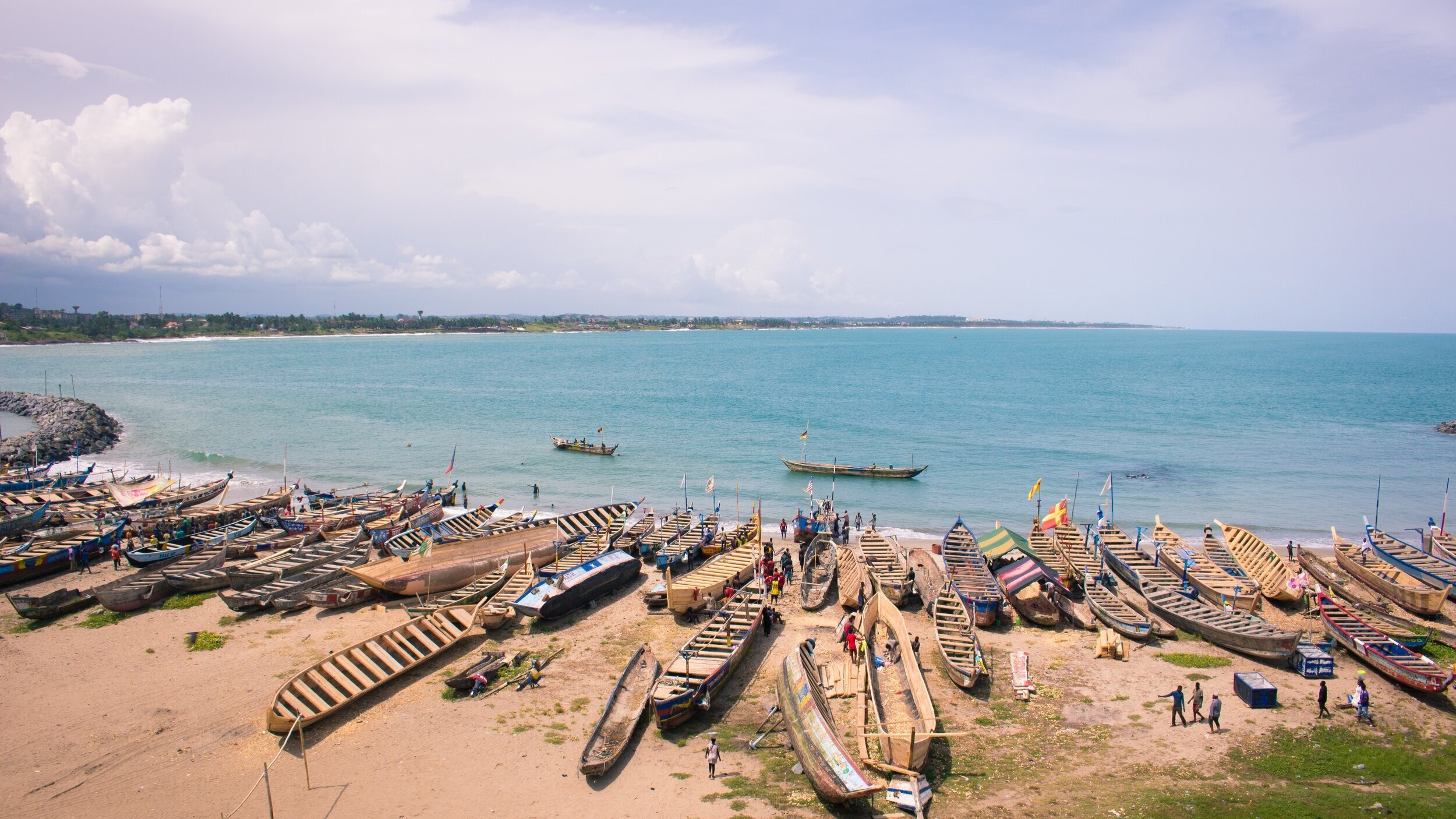
Fair and sustainable fisheries arrangements
EU fleets access African waters through a variety of schemes…
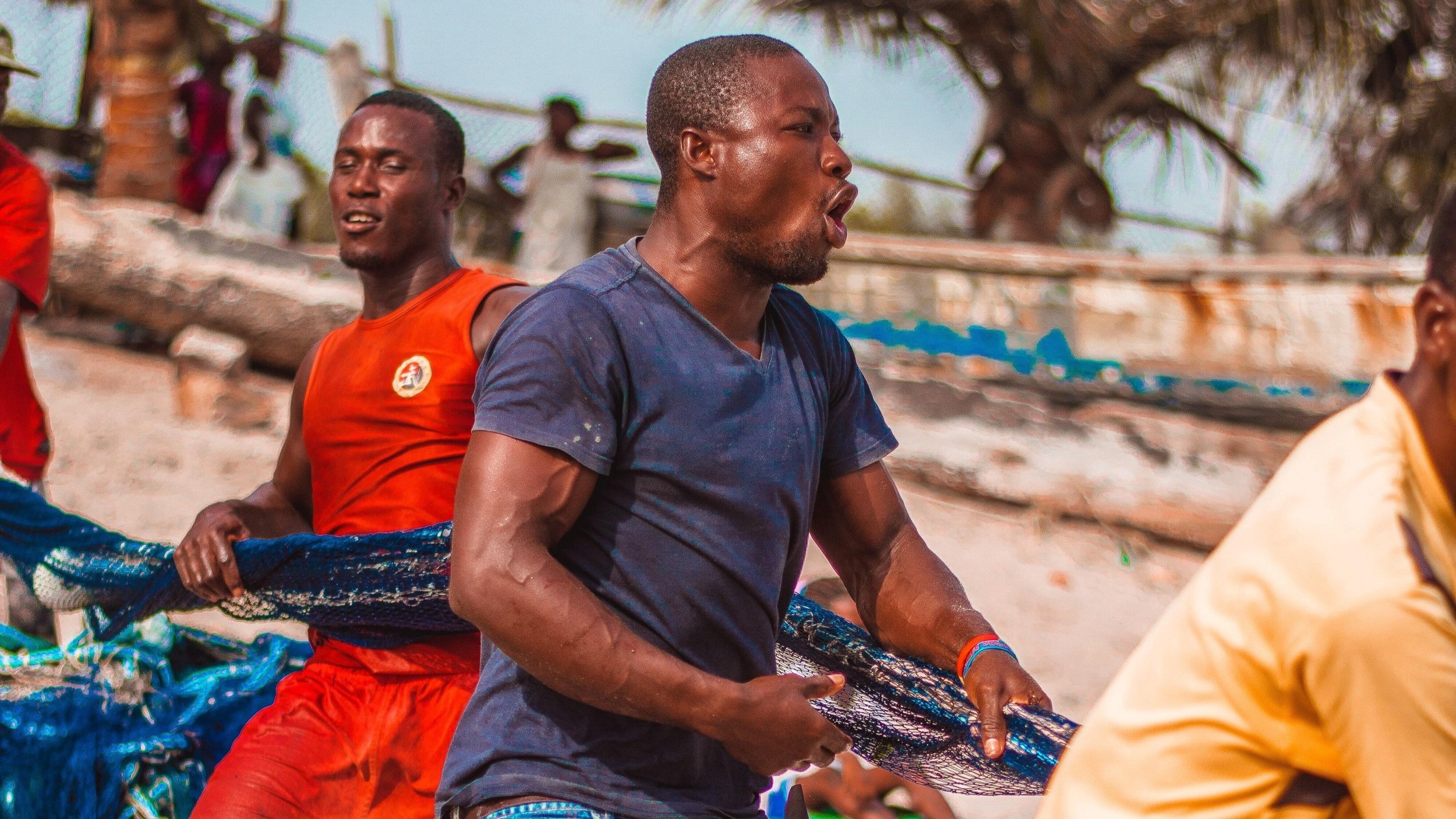
Call to Action
from Artisanal Fisheries
In 2022, the International Year of Artisanal Fisheries and Aquaculture, small-scale fishers from 6 continents gathered to….
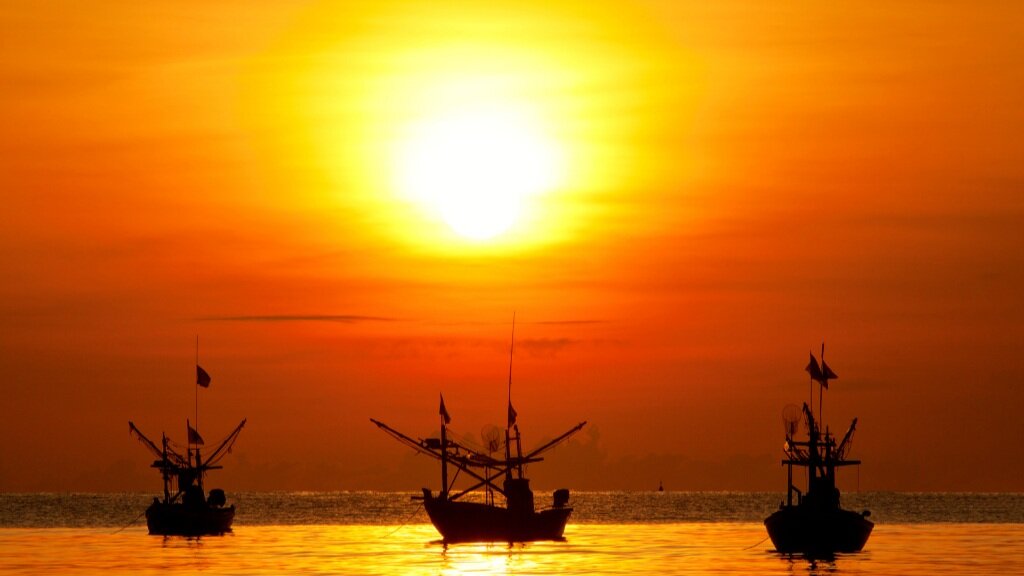
More transparency
Publicly available and credible information is essential
for sustainable fisheries management…

The dangers of Blue Growth
The international governance agenda often forgets small-scale fisheries…
Francisco Mari, advocacy officer for global food security, agricultural trade and maritime policy at Bread for the World, reviews the WTO agreement on fisheries subsidies; following its recent entry into force. For this, he points at what till remains unaddressed and the costs and opportunities for developing countries, including the impact on small-scale fisheries.
When harmonising regional closed seasons in SRFC and FCWC regions, CFFA calls for considering social and environmental perspectives and ensuring the participation of affected communities.
Small-scale fishing communities depend on the coast and inshore waters for their livelihoods. Many African countries now recognise small-scale fisheries’ role in achieving climate and biodiversity goals. The EU should support this by strengthening priority access and funding co-management in coastal waters.
In mid-September, a factory ship flying the Gambian flag and owned by a Maltese company collided with and sank a trawler flying the Mauritanian flag and owned by a Spanish company. Five Mauritanian seafarers lost their lives. What about European responsibility behind this tragedy?
Dormant SFPAs should not simply be considered as a pause. Since the framework agreements are still in place, they should be utilised for dialogue on science and sustainable fisheries between the two parties. Dormant agreements can also play a role in the broader regional network of SFPAs as they can help monitor and coordinate research across borders. Finally, these agreements can also continue fostering coherence between EU funding instruments.


Photo: Samuel Aboh.
Sustainable Development Goal (SDG) 14.b calls on states to secure access to marine resources and markets for small-scale fisheries.
Action is urgently required to address the key challenges so that small-scale fisheries are protected and restored, and that they continue contributing to economies, health, culture and wellbeing.
Small-scale fishers (SSF) from six continents identified five areas of action for their governments.
A recent study in Nature Sustainability reviews 45 years of EU fishing access agreements with countries across Africa, the Pacific, and beyond. It shows how a small number of EU fleets have consistently captured the lion’s share of fishing opportunities and economic benefits, leading to lasting power asymmetries.
At the ports of Dakar and Bissau, the Turkish cargo ship Hanfeng 88 illustrates opaque trade practices. Behind its routine rotations lies the export of fishmeal from overexploited stocks, to the detriment of food security, marine ecosystems, and local small-scale fisheries.
Rising sea temperatures, extreme weather, and coastal erosion are reshaping the life and working conditions for Gambian coastal communities, who are finding ways to adapt but face ongoing challenges that require government and financial support.
Around 100 participants gathered for a webinar to discuss the implementation of the WTO agreement on fisheries subsidies and its implications for small-scale fisheries communities.
The Indian Ocean archipelago’s ageing population of small-scale fishers strives to bring generational renewal to fisheries by sensitizing school kids on the profession and training young women to re-skill in fish business.
At UNOC3 in Nice, representatives of small-scale fisheries from around the world called for their inclusion in ocean governance, highlighting their crucial role in global food security and sustainability.
Ten years on, the Fisheries Transparency Initiative (FiTI) has empowered African small-scale fishers by promoting transparency, accountability, and inclusive policymaking. It strengthens visibility, supports legal recognition, and fosters informed participation in marine resource governance.
Seminar participants recommended greater benefits for third countries under Sustainable Fisheries Partnership Agreements and greater consistency between EU policies, including trade and development policies.
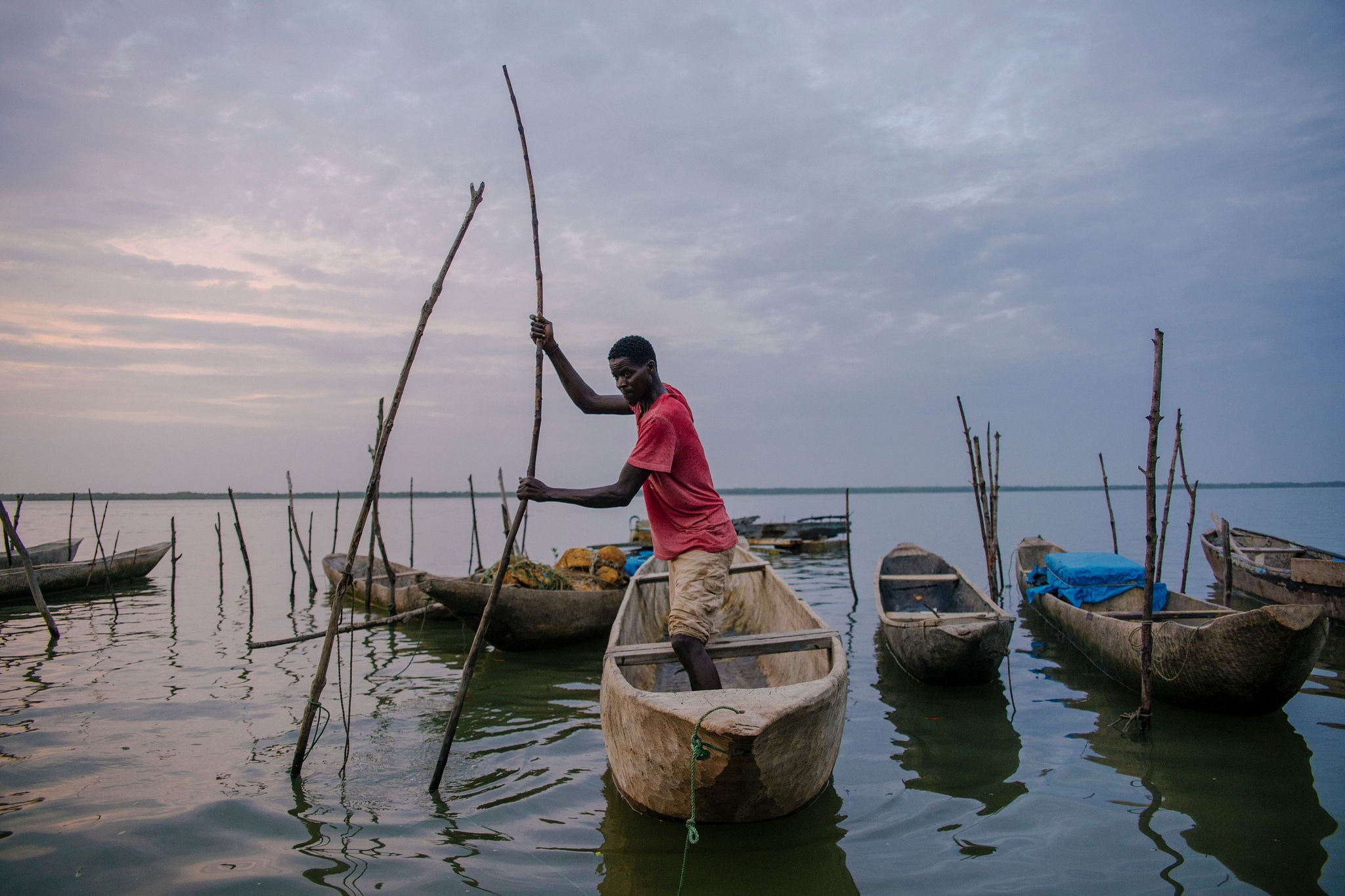
No caminho para a costa da Guiné Bissau
A portrait of the West African country’s artisanal fisheries value chain, by photojournalist Carmen Abd Ali.








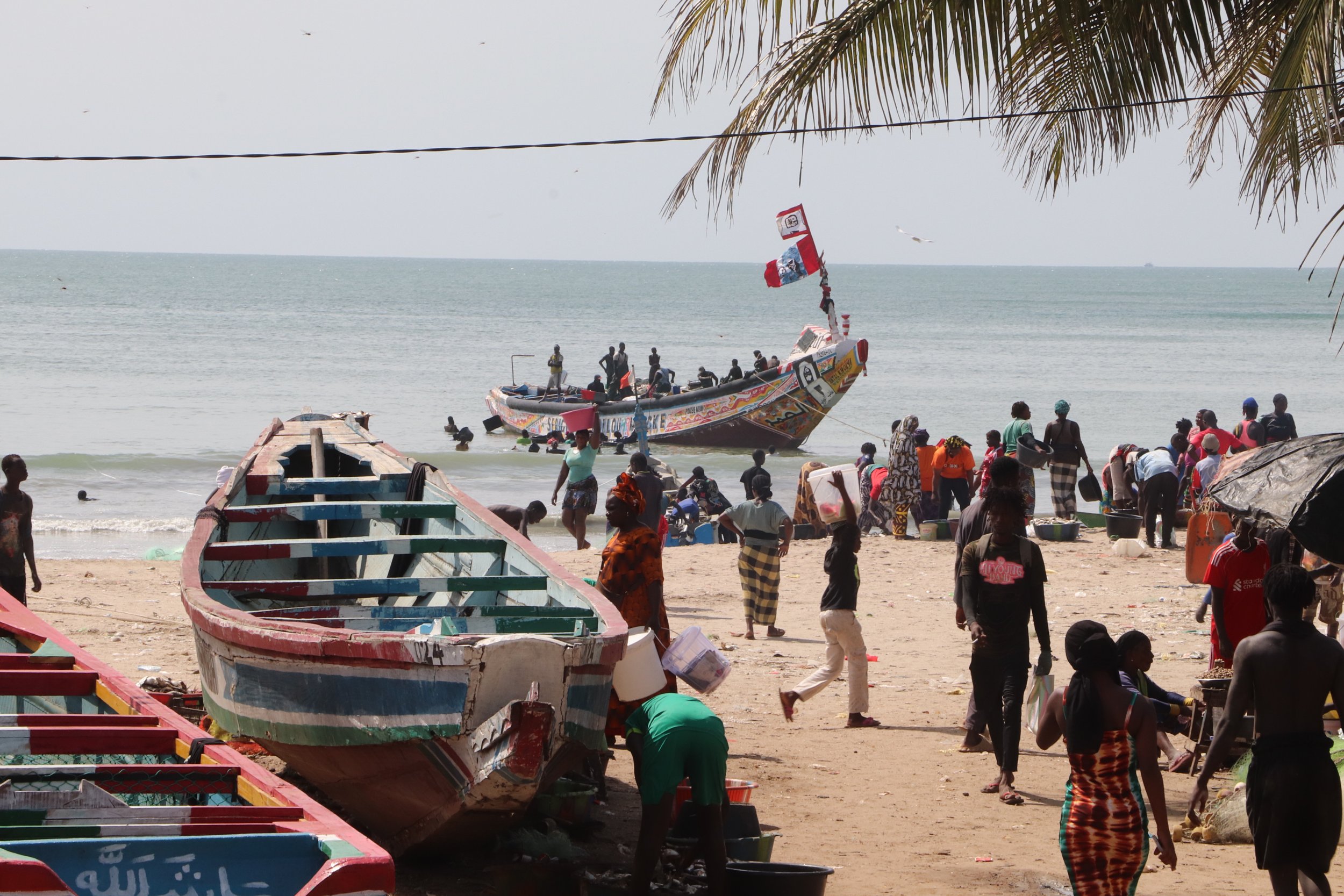
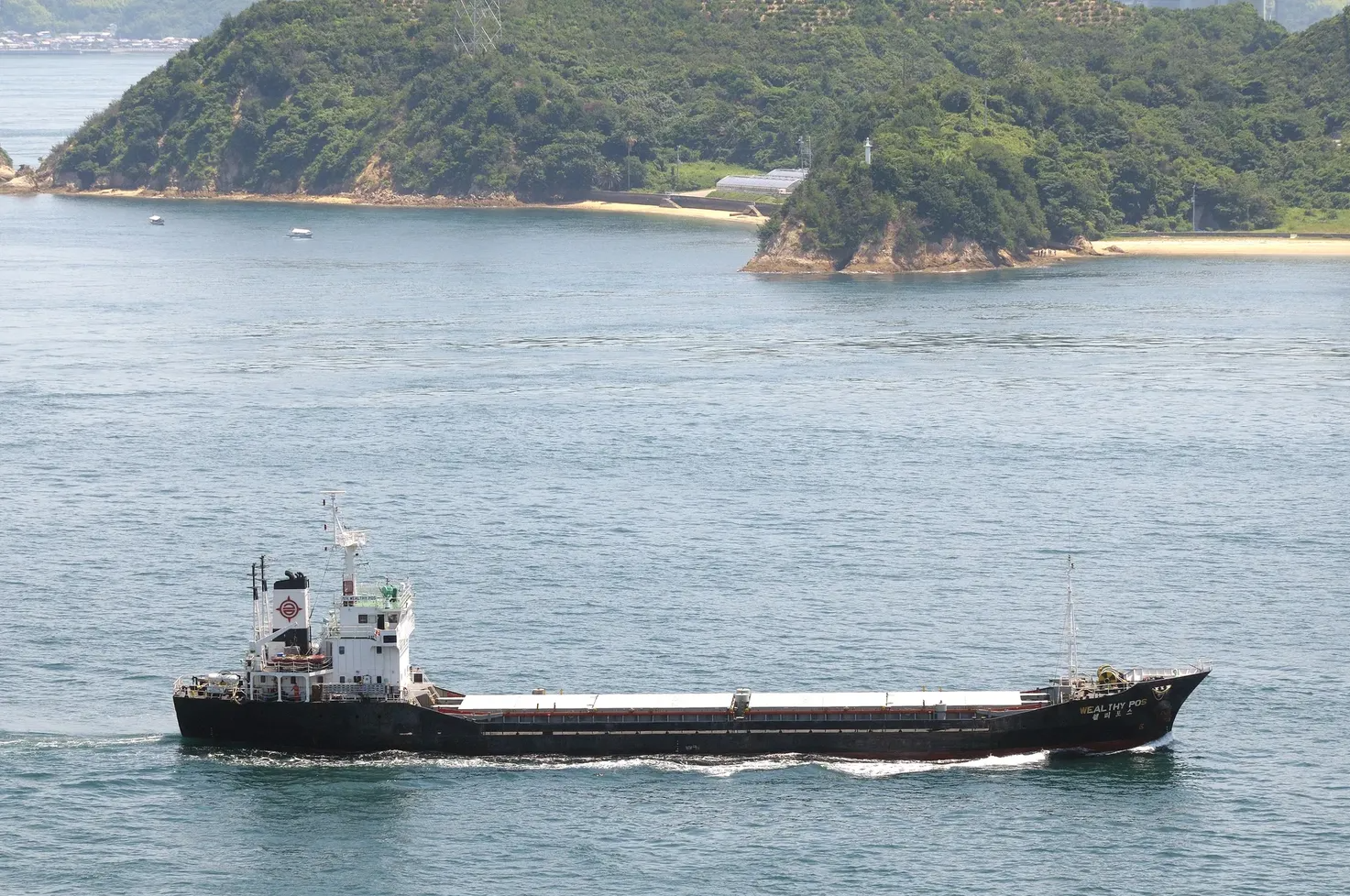


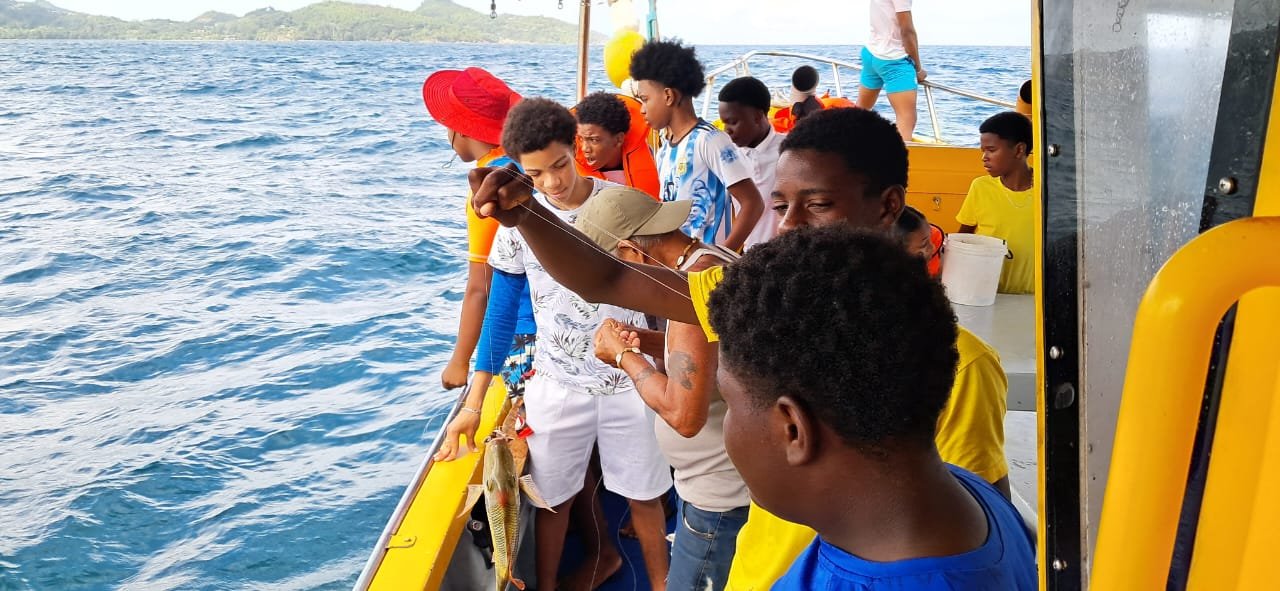



Climate change is transforming the environmental and social landscapes of African coasts. While small-scale fishing communities are suffering first hand the impacts of climate change, they are also developing community-led and nature-based solutions to adapt and become resilient. In this article, the author goes through some examples and gives recommendations on how the EU can support these initiatives.